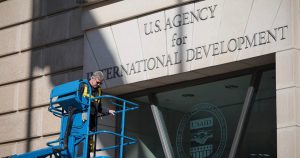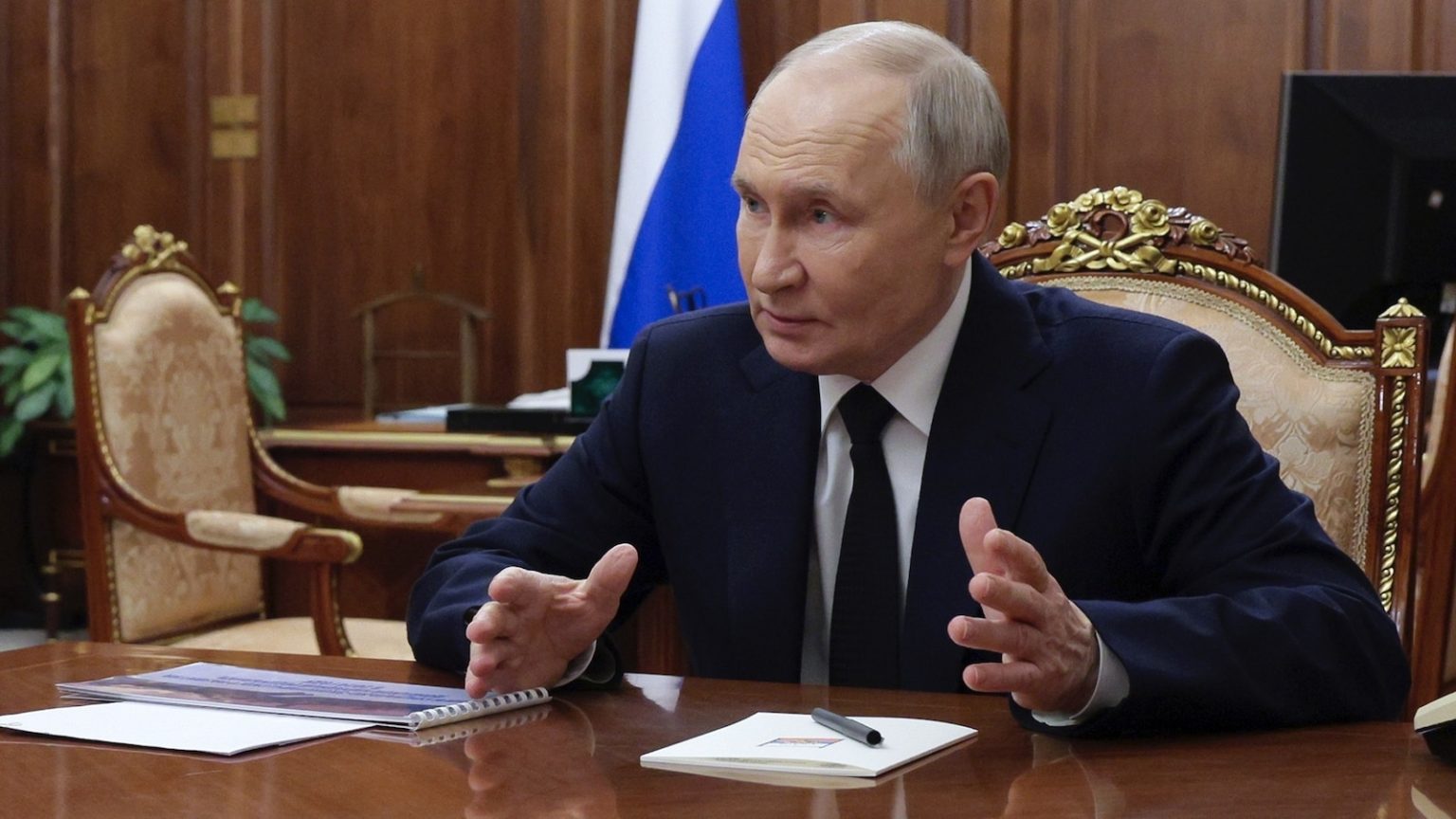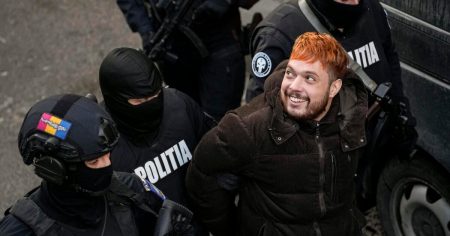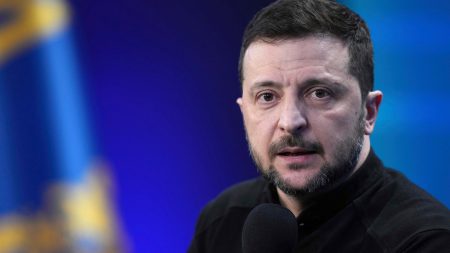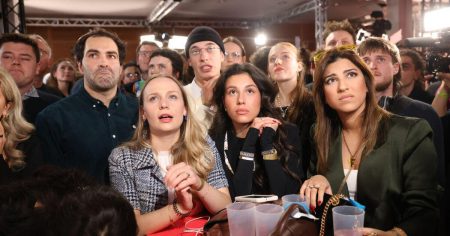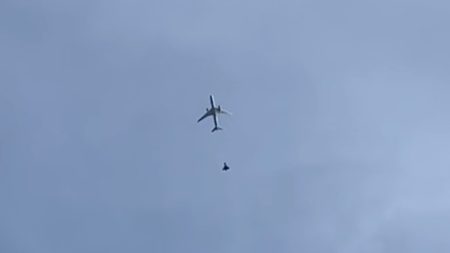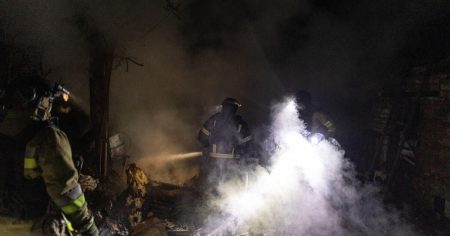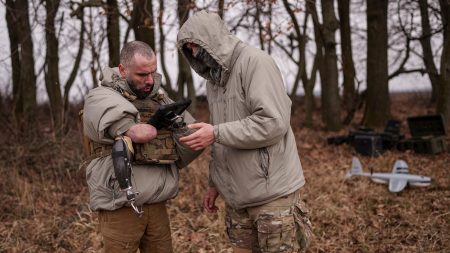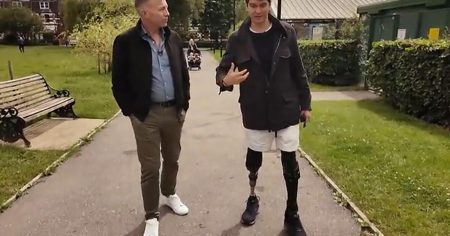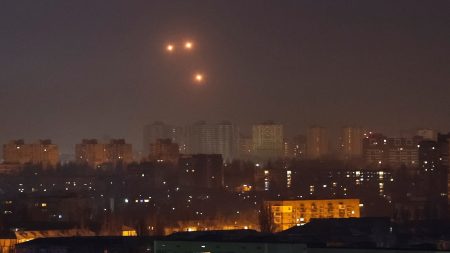Introduction: A Diplomatic Breakthrough
In a rare display of diplomatic cooperation amidst strained relations, the United States and Russia recently agreed to a prisoner exchange, highlighting the fragile yet functional communication channels between the two nations. This exchange involved the release of Marc Fogel, an American teacher detained in Russia since 2021, and an unnamed Russian citizen held in the U.S. The swap underscores the human dimension of diplomacy, emphasizing the impact on individuals and families caught in geopolitical tensions.
Marc Fogel’s Detention: A Teacher’s Ordeal
Marc Fogel, an American educator, found himself entangled in international diplomacy when he was detained in Russia in 2021. His arrest, deemed wrongful by U.S. officials, added to the list of Americans held in Russia, sparking concerns for their safety and rights. Previous diplomatic efforts to secure his release, including a significant prisoner swap in August 2024, had failed. This recent success, however, marks a breakthrough, reuniting Fogel with his family and offering hope for others in similar situations.
The Exchange Agreement: A Quiet Negotiation
The exchange was facilitated through discreet negotiations, with Kremlin spokesperson Dmitry Peskov announcing the repatriation of a Russian citizen from the U.S. following Fogel’s return. While the identity of the Russian national remains undisclosed, the agreement signifies a mutual effort to ease tensions. The timing, with the Russian release expected shortly after Fogel’s homecoming, suggests a carefully choreographed process aimed at maintaining diplomatic balance.
Official Reactions: Mixed Signals and Hope
U.S. President Donald Trump welcomed Fogel’s return, emphasizing the significance for his family while avoiding details on negotiations. White House official Mike Waltz framed the exchange as a positive gesture towards ending the Ukraine conflict, though specifics were scarce. In Russia, Peskov acknowledged heightened communication but remained coy on future exchanges. These statements reflect cautious optimism, blending political pragmatism with the human element of the exchange.
Negotiations and Future: A Path Forward
The successful negotiation highlights the potential for diplomatic progress, even in challenging contexts. While Trump and Putin’s direct involvement remains unclear, the outcome suggests effective communication. This exchange could pave the way for further cooperation, offering hope for other detained individuals and broader diplomatic gains. However, the lack of transparency in negotiations underscores the delicacy of such deals.
Conclusion: Beyond the Headlines
This prisoner exchange transcends mere diplomacy, touching on human lives and families. Its significance lies in the potential to ease tensions and the hope it brings for future cooperation. As Fogel’s return illustrates the power of diplomatic effort, it also reminds us of the complexities and sensitivities involved in such negotiations. This exchange may yet be a stepping stone towards improved relations, offering a glimmer of hope amidst geopolitical turmoil.


